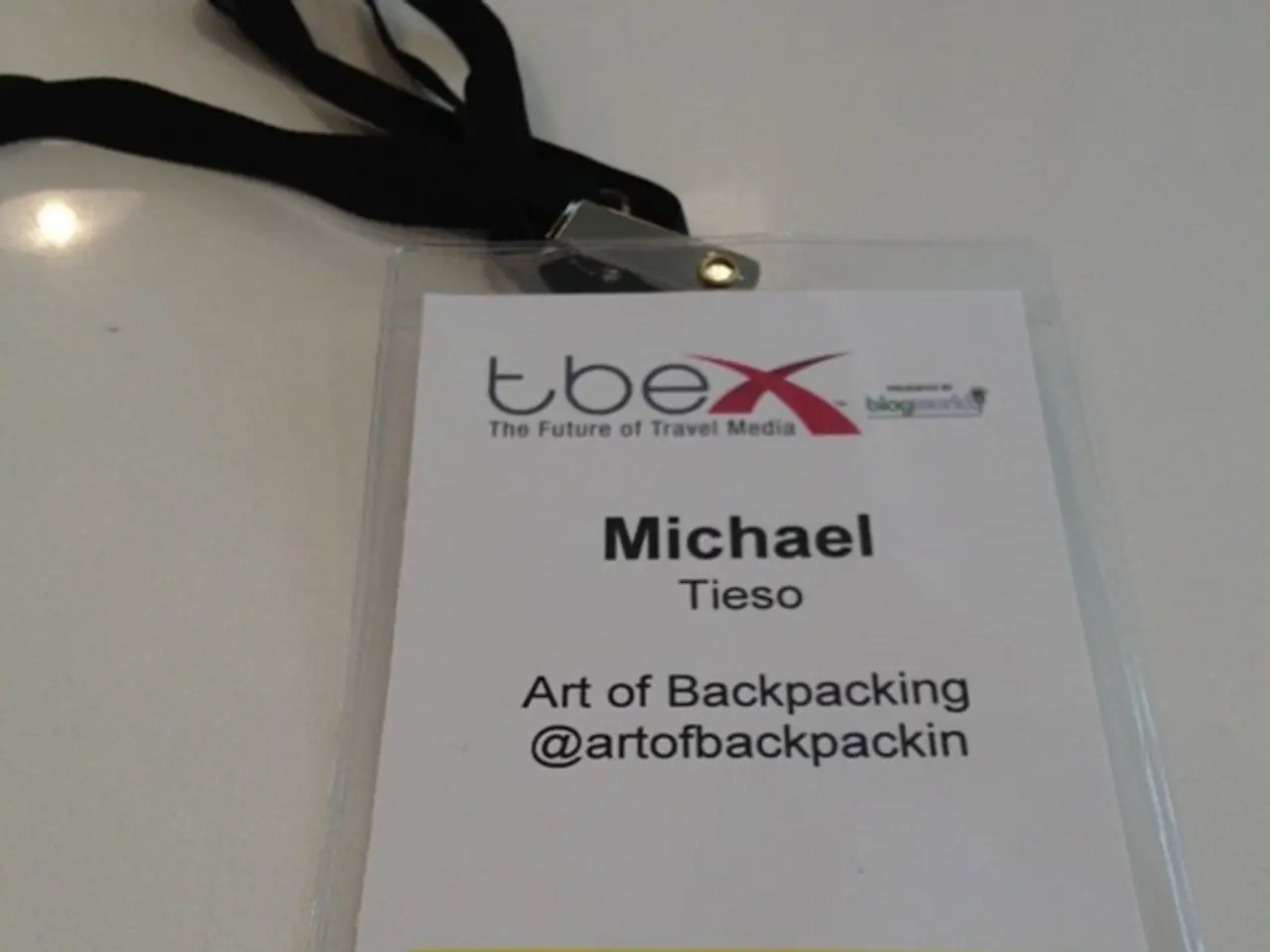African Independent Professionals Establishing Digital Identities Online
In the bustling world of digital freelancing, African professionals are making significant strides, overcoming challenges, and making their mark on the global stage. Two notable examples are Sarah Okonjo, a digital marketing freelancer from Lagos, Nigeria, and James Mutua, a full-stack developer based in Nairobi, Kenya.
Okonjo increased her average project fee from $200 to $1,500 and secured $5,200 in monthly recurring contracts within three months by focusing her portfolio exclusively on SaaS content marketing. She enhanced her profile with relevant keywords and professional certifications, and added detailed case studies that highlighted clear, measurable client results.
Mutua, on the other hand, increased his LinkedIn following from 300 to 2,500 in just four months and improved his project win rate from 20% to 55% by building a GitHub portfolio showcasing five open-source projects, sharing weekly LinkedIn posts about coding challenges and solutions, creating short video tutorials to explain coding techniques, and using social media effectively.
However, African freelancers face unique challenges, such as infrastructure issues, platform-specific problems, and market perception difficulties. To address these, freelancers can focus on building portfolios that highlight their specialized skills, stay active on professional platforms, communicate clearly with clients, invest in dependable internet services, and document their workflows.
AI tools are proving to be a valuable asset for freelancers, helping them save time, attract more clients, and stay competitive in the global market. These tools provide features like portfolio analytics, communication tools for personalized client messages, automated project management templates, and insights into market trends. Using these tools can help freelancers identify their best work, adjust pricing, and refine their pitches based on data-driven insights.
To combat geographic stereotypes and build trust, African freelancers can demonstrate professionalism through strong portfolios and client testimonials, gently educate clients about their expertise and unique perspectives, and actively engage in international freelancing conversations to highlight fresh insights from African contexts.
Joining programs like the ALX Freelancer Academy can provide freelancers with tools to boost their online presence through digital marketing and branding strategies, learn client acquisition techniques and customer experience improvement, and access a Pan-African community and collaboration opportunities. Such programs help freelancers navigate high competition by increasing skills and opportunities.
In conclusion, a strong online presence is crucial for African freelancers to showcase their skills, build trust, and secure better-paying international projects. Regularly updating portfolios and embracing new digital tools is essential for African freelancers to stay competitive in the global freelance market. Online platforms offer tailored training programs specifically designed for freelancers in Africa, including flexible payment options, region-focused courses, and collaborations with industry leaders.
- To star in the global finance scene and expand their careers, African freelancers can enhance their education and self-development through programs like the ALX Freelancer Academy, learning client acquisition techniques, digital marketing strategies, and collaborating with other professionals in Africa.
- In the learning journey of pursuing business and careers as digital freelancers, African professionals can leverage AI tools to save time, attract clients, and stay competitive, utilizing portfolio analytics, communication tools, automated project management templates, and insights into market trends.




